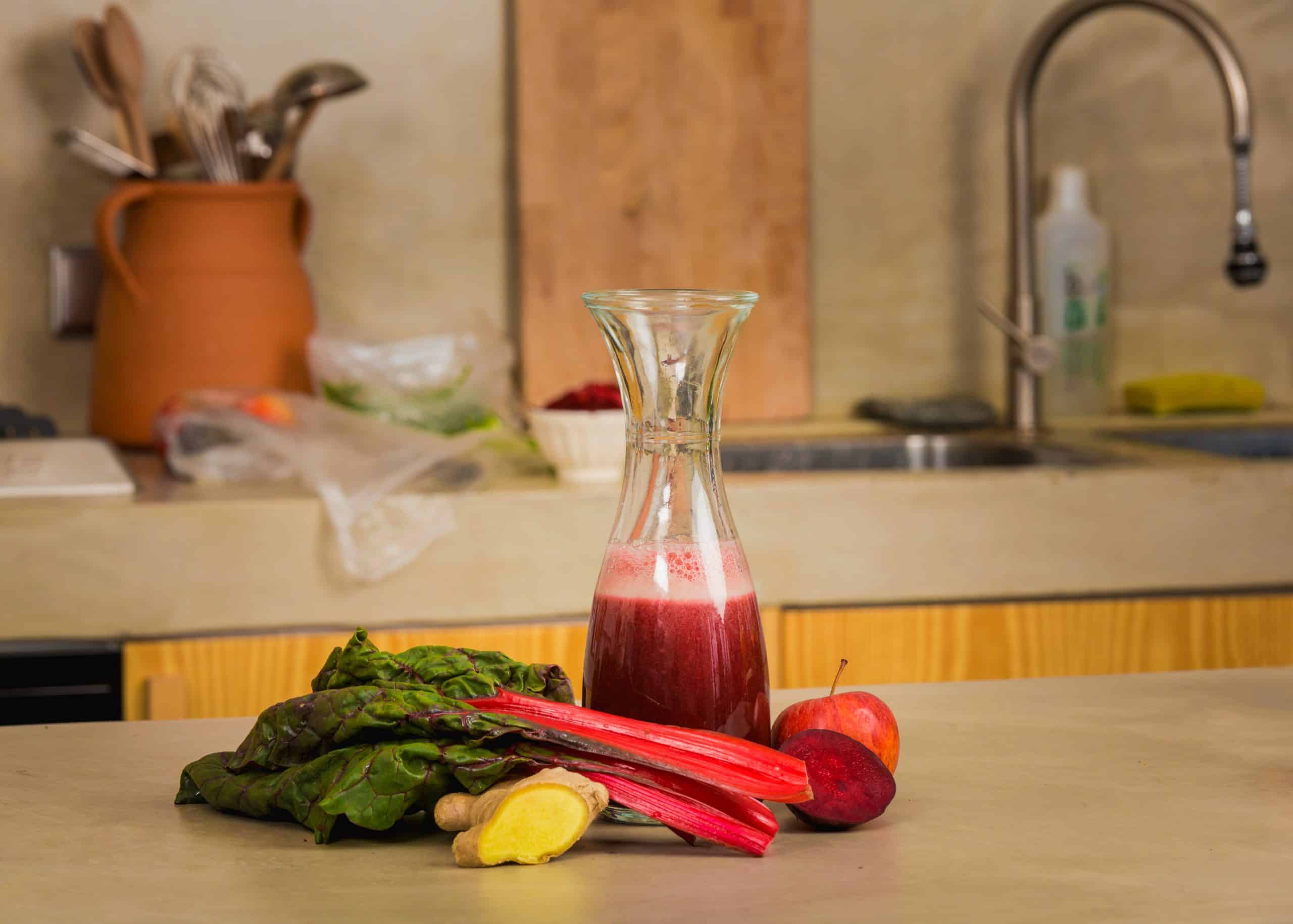As pet owners, you bear a significant responsibility in ensuring that your conures, a type of small to medium-sized parrot, are well-taken care of by providing them with a rich, nutritious diet. It’s crucial to understand the specific dietary needs of conures for their overall health and longevity. This comprehensive guide will walk you through the process of choosing the right bird seed mix for your conure.
Understanding a Conure’s Dietary Needs
Before delving into the specifics of bird seed mix selection, you need to have a clear understanding of a conure’s dietary needs. Like all parrots, conures are primarily herbivores. Their diet in the wild consists mainly of fruits, seeds, and vegetables. They also occasionally feed on insects and their larvae.
Avez-vous vu cela : How to Rehabilitate a Dog After Being Attacked by Another Dog?
Conures need a diet that replicates as closely as possible their natural diet. This means a varied diet that includes a balance of seeds, fruits, vegetables, and a high-quality, commercial bird food or pellet mix. Pellets are often recommended by veterinarians as they are formulated to provide a balanced diet and prevent selective feeding, a common issue when you feed birds seeds.
The Role of Seeds in a Conure’s Diet
Seeds, both sprouted and dry, play an important role in a conure’s diet. However, they should not be the only thing your pet bird eats. While seeds can provide your conure with essential fats and some protein, they are not a complete diet.
A lire également : What Are the Best Non-toxic Substrates for a Leopard Gecko’s Enclosure?
One important thing to remember is not all seeds are created equal. Some seeds, like sunflower and safflower, are high in fat and should only be fed in moderation. Other seeds, like millet, are healthier and can be a staple in your conure’s diet.
When choosing a seed mix for your conure, look for one that has a variety of seeds. This will provide a better balance of nutrients. Avoid seed mixes with a high proportion of sunflower and safflower seeds as these can lead to an overweight bird.
Including Fruits and Vegetables
Fruits and vegetables are an integral part of a conure’s diet. They provide the essential vitamins, minerals, and fiber that seeds and pellets don’t have. When choosing fruits and vegetables for your conure, go for fresh, organic produce whenever possible.
Some wonderful options for fruits include apples, berries, and bananas, while vegetables like carrots, broccoli, and sweet potatoes are excellent choices. Just remember to wash them thoroughly to remove any pesticides and cut them into small, manageable pieces.
Avoid feeding your conure certain fruits and vegetables like avocados, onions, and chocolate, as these foods are toxic to parrots.
Choosing the Right Pellets
In addition to seeds, fruits, and vegetables, adding pellets to your conure’s diet is an excellent way to ensure they are getting all the nutrients they need. Pellets are a type of commercial bird food that is formulated to contain all the essential vitamins, minerals, and other nutrients your conure needs.
When choosing bird pellets, look for those specifically formulated for conures. Avoid those with artificial colors, flavors, and preservatives.
Remember, while pellets are essential, they should not make up the entire diet of your conure. A good rule of thumb is to have pellets make up about 50-60% of your conure’s diet, with the remainder being a mix of seeds, fruits, and vegetables.
Creating a Balanced Diet
Once you have a good understanding of the different types of food your conure needs, the next step is to create a balanced diet. This means not just feeding your conure the right foods, but also feeding them in the right proportions.
As mentioned earlier, pellets should make up about 50-60% of your conure’s diet. Seeds should make up about 20%, with fresh fruits and vegetables making up the remaining 20-30%.
Creating a balanced diet also means varying the types of fruits, vegetables, and seeds you feed your conure. This not only ensures they get a diverse range of nutrients, but it also helps prevent them from getting bored with their food.
Remember, your conure’s health and happiness largely depend on their diet. By choosing the right bird seed mix and providing a balanced and varied diet, you will be helping to ensure your conure lives a long, healthy, and happy life.
Essential Tips for Feeding Your Conure
Feeding your conure can sometimes be a tricky task, primarily due to their diverse dietary needs. However, a few key tips can guide you through the process of feeding your pet bird efficiently. Firstly, practice a routine feeding schedule – typically, conures eat twice a day, once in the morning and once in the evening.
It’s crucial to provide fresh water daily, changing it multiple times if necessary. Unclean water can lead to bacterial growth, potentially causing health issues for your pet bird.
Treats are an essential part of your conure’s diet. However, just like with children, treats should only make up a small portion of their diet. Offering them frequently can lead to obesity and other health problems. Fruits, vegetables, and seed treats can be an excellent reward for good behavior.
Always clean your conure’s bird cage regularly. Remove uneaten food, as it can attract pests or mold, which can harm your pet bird. A clean feeding area encourages healthy feeding habits and keeps your bird healthy.
If your bird appears unresponsive to a new type of food, don’t be disheartened. Changing a bird’s diet can sometimes be a slow process. Patience is key in these situations, and it’s important not to rush your conure into accepting new food.
Lastly, always consult with your veterinarian before making any significant changes to your bird’s diet. They can provide expert advice tailored to your conure’s specific needs and requirements.
Monitoring Your Conure’s Dietary Health
Monitoring the health of your conure is essential in ensuring they are receiving the right nutrients from their diet. Regular visits to the vet are strongly advised for routine check-ups and health assessments. In between visits, you can also keep an eye on your bird’s health.
One of the most notable signs of a healthy diet in conures is vibrant feathers. If your conure has dull or frayed feathers, this could be a sign of malnutrition or disease. A healthy conure should also have bright, clear eyes and a clean beak and feet.
Monitor your conure’s weight regularly. An obese or underweight bird could be a sign of an unbalanced diet or health issues. Weight checks can be done during your regular vet visits or at home with a bird scale.
Pay attention to your conure’s droppings. Changes in color, consistency, or volume can indicate health issues. For example, green or yellow droppings could signify liver disease, while undigested seeds in the droppings could indicate digestive problems.
Lastly, observe your bird’s behavior. Changes in activity levels, appetite, or behavior can be signs of illness. If your bird is less active than usual, loses interest in food, or behaves oddly, it is advisable to seek veterinary assistance.
Conclusion
In conclusion, feeding your conure a balanced diet that mimics their diet in the wild is the key to their health and longevity. This involves a combination of seeds, pellets, fruits, and vegetables. Remember, variety is essential to prevent selective eating and provide a diverse range of nutrients.
You must also be attentive to your pet bird’s health, monitoring their weight, feather condition, droppings, and behavior. Regular check-ups with your vet are also necessary to ensure that your conure is healthy and getting the right nutrition.
By following these tips and understanding the dietary needs of your conure, you will be well equipped to provide a diet that will ensure your pet birds live a long, healthy, and happy life.











